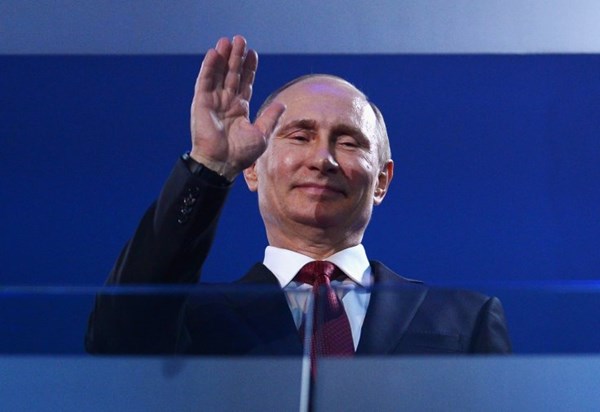Putin’s confidence level hits 7-year low
The resignation of the government, the constitutional reforms and the promises to spend 4 trillion rubles (around $63 billion) on assisting the poor and families with children have been powerless to halt the downward slide of the Russian government’s ratings.
Russian citizens’ level of confidence in President Vladimir Putin lost another 4 percentage points in January 2020, falling to 35%, the Levada Center reports, based on a survey carried out in 50 of Russia’s federal subjects.
Compared to March 2019, the president’s rating as measured by an open question, in which people are asked to name the politicians whom they trust, has fallen by 6 percentage points, and 24 compared to November 2017.
The result documented by the sociologists is Putin’s worst since spring 2013, and one of the lowest in the 8 years that the Levada Center has been carrying out the study.
Since 2012, the figure has dropped a number of times – in November 2012 (34%), April 2013 (31%), in August 2013 (30%) and in October and November that same year (33% and 32% respectively).
In a similar survey published by the Russian Public Opinion Research Center (VCIOM) on January 7, Putin’s confidence rating was 30.6%, and had dropped below 30% the month before.
Since August 2019, when Putin’s rating dropped to 30.4%, VCIOM changed from a weekly to a monthly basis for the publication of such surveys. It then started publishing on a weekly basis a closed survey in which Russians are asked how much they trust specific politicians. According to VCIOM’s most recent data, the Russian president’s score on this metric is 73.1%.
The appraisal of the current state of affairs in the country has improved slightly. 52% of respondents said that things are moving in the right direction (compared to 49% a month ago and 42% in January 2019). However, these figures are far from the post-Crimean highs, when 64% of Russians were satisfied with the state of affairs.
The level of trust in Putin has been declining consistently for a long time, and the effect of individual speeches, such as the state-of-the-nation address he gave on January 15, is only temporary, observes Levada Center director Lev Gudkov: “A 24 percentage point drop since November 2017 is a very significant drop. And this is an open question without hinting at names, and so it is more reliable.”
In Gudkov’s opinion, this decline is because the population is constantly tired of and annoyed with the president: “His new rhetoric, which touches on social topics, has a short-term effect. The decline began a long time ago, and it’s not even an effect of the 2018 pension reform. It’s been going on slowly and gradually, it’s a more indicative trend than sharp jumps in the rating. There is growing dissatisfaction with the state of affairs in the economy and the impossibility of earning normally.”
